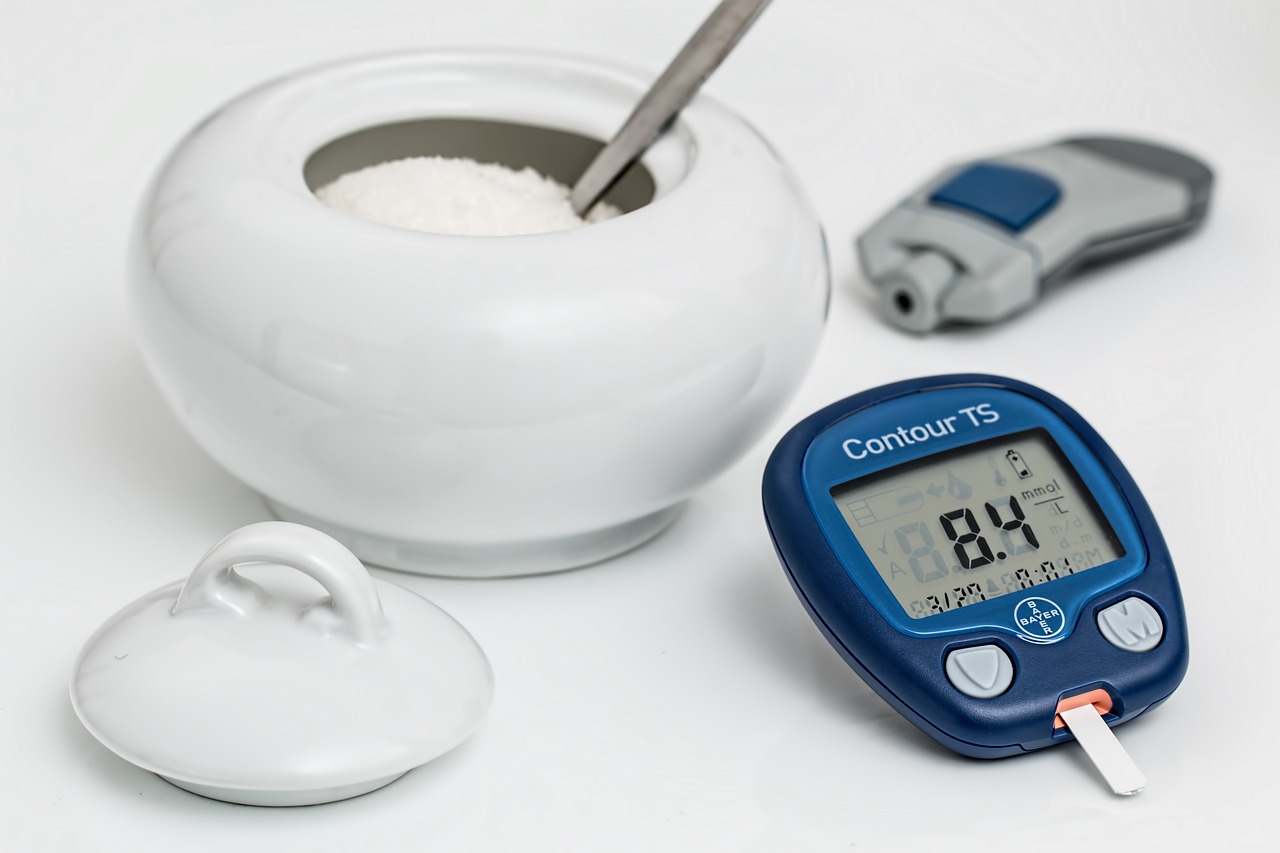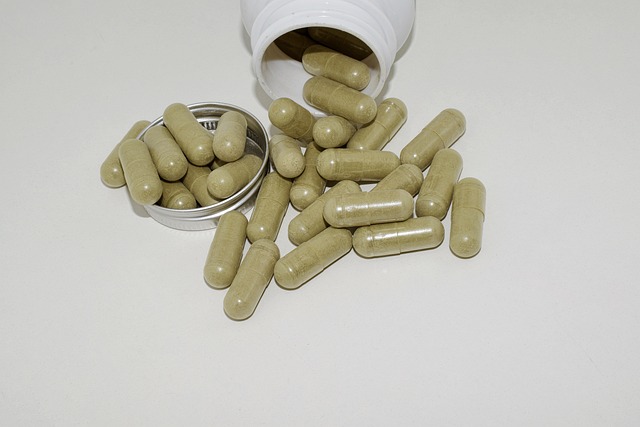The Role of Supplements in Blood Sugar Management: What You Should Know

We all want to be our healthiest selves, and maintaining balanced blood sugar levels is a key aspect of that journey. But what if I told you that supplements, those little power-packed pills, and capsules, could play a significant role in your blood sugar management? Moreover, you can try supplements to lower a1c and get other types of health benefits as well. In this article, we’ll delve into the friendly world of supplements, explaining what you should know about their role in keeping your blood sugar in check.
Why Consider Supplements for Blood Sugar Management?
First things first, you might be wondering why anyone would even think about supplements when it comes to blood sugar. Well, let’s take a closer look.
- Enhanced Support: Supplements are like your personal cheerleaders, offering that extra support to help your body maintain blood sugar within a healthy range.
- Nutritional Gaps: Sometimes, our diets don’t provide all the essential nutrients we need. Supplements can help fill those gaps to keep our systems running smoothly.
- Convenience: They’re easy to incorporate into your daily routine and often a more convenient option than altering your diet significantly.
Now, let’s explore the supplements that can lend a hand in blood sugar management.
Chromium
Chromium is a superstar mineral that helps your body use insulin more effectively. Insulin is the hormone responsible for regulating blood sugar. Chromium supplements are known to improve glucose metabolism, making it a popular choice for those aiming to keep their blood sugar in check.

Cinnamon
Who doesn’t love the warm and comforting flavor of cinnamon? Well, this spice does more than just add pizzazz to your latte. Cinnamon supplements have been studied for their potential to lower blood sugar levels. They may also improve insulin sensitivity, which is a win-win for blood sugar management.
Alpha-Lipoic Acid (ALA)
ALA is an antioxidant that might help with blood sugar regulation. It’s thought to enhance insulin sensitivity and reduce oxidative stress, which can be beneficial for those dealing with blood sugar issues.
Fenugreek
Fenugreek is a spice that’s more than just a flavor enhancer. It contains soluble fiber and compounds that can help slow down the absorption of sugar in your intestines, leading to more stable blood sugar levels.
Berberine
Berberine is a compound found in certain plants, particularly in traditional Chinese and Ayurvedic medicine. It has gained attention for its potential to regulate blood sugar, particularly in people with type 2 diabetes.
What You Should Know About Taking Supplements
Before you rush to your nearest health food store, there are a few things you should keep in mind:
- Consult Your Healthcare Provider: Always check with your healthcare provider before starting any new supplement regimen, especially if you have an existing health condition or are taking other medications.
- Quality Matters: Choose high-quality supplements from reputable brands. Look for third-party testing to ensure purity and potency.
- Supplements Aren’t a Magic Bullet: Supplements are most effective when used in conjunction with a healthy diet and lifestyle. They’re not a substitute for a balanced, nutrient-rich diet.
In Conclusion
Supplements can be valuable tools in your blood sugar management toolkit, offering support for your body’s natural processes. While they’re not a one-size-fits-all solution, they can play a positive role in your quest for stable blood sugar levels. Just remember to approach them wisely and, as always, consult with a healthcare professional to find the best approach for your unique needs. Your health journey is your own, and supplements might be that extra boost to help you stay on the right path.